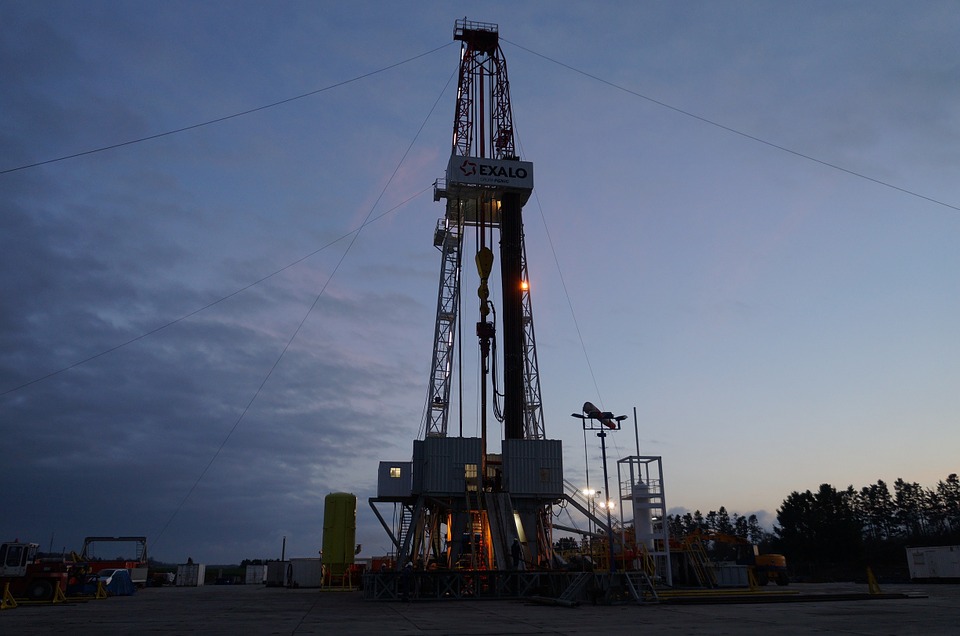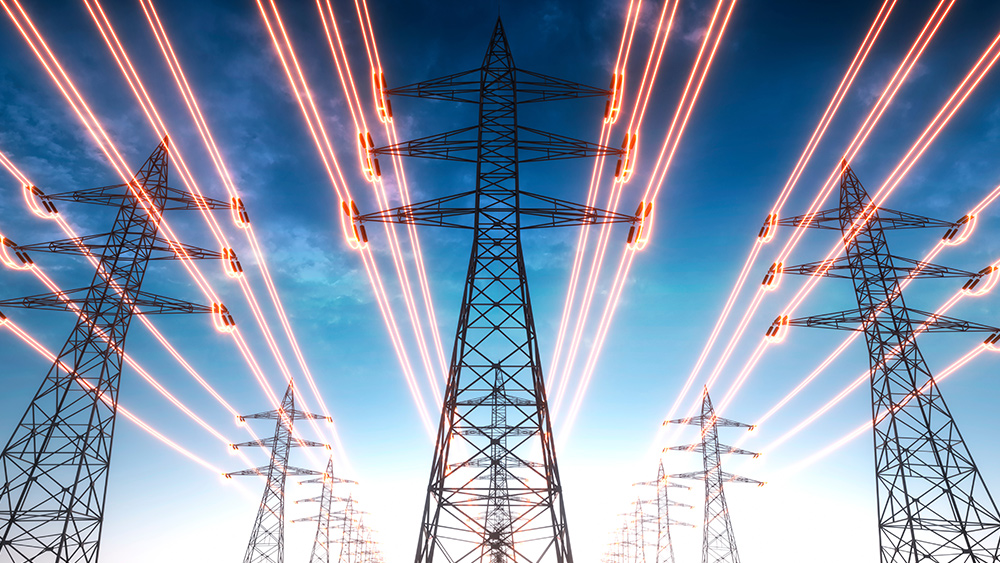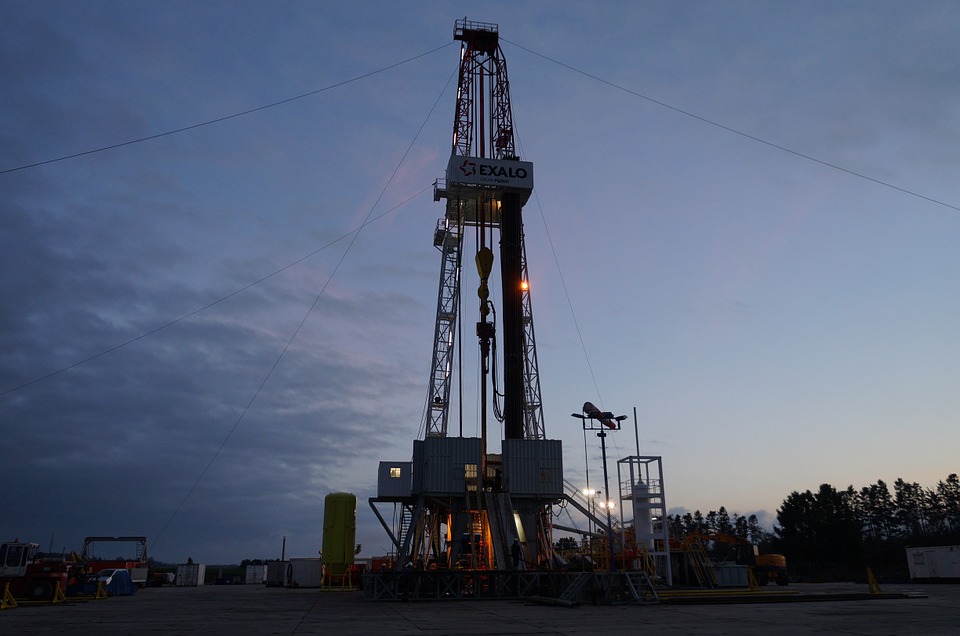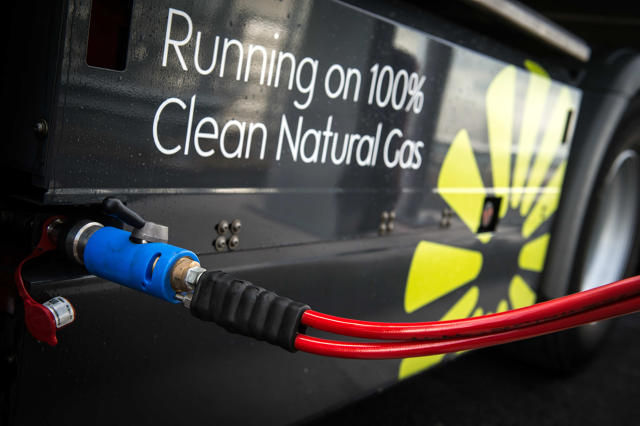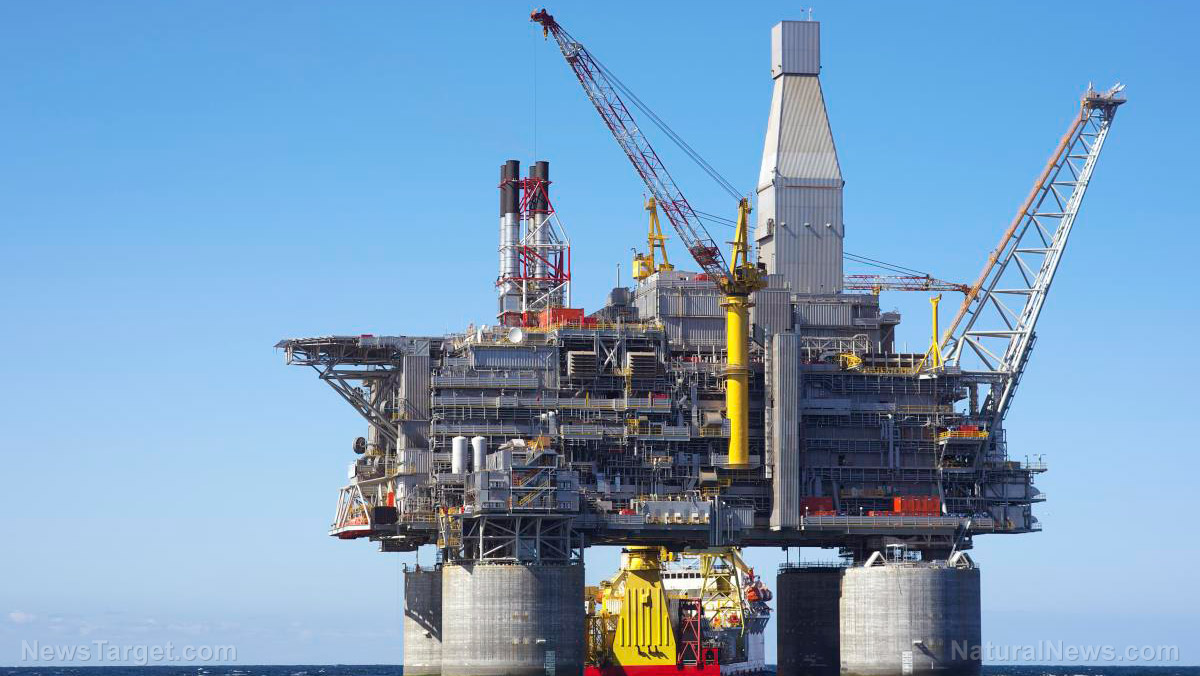16 U.S. states file lawsuit against Biden administration over temporary ban on approving new liquefied natural gas export permits
03/27/2024 / By Richard Brown

Sixteen states have jointly filed a lawsuit challenging the federal government’s ban on approving applications for new liquefied natural gas (LNG) exports.
According to Texas Attorney General Ken Paxton, the lawsuit argues that the United States’ federal government lacks the authority to broadly deny these permit applications.
Back in January, President Joe Biden announced the temporary pause on approving new LNG exports to allow officials to review the process for assessing the economic and environmental impacts of projects seeking approval to export lucrative and high-demand LNG to regions such as Europe and Asia.
The pause has raised concerns regarding the future of over a dozen planned gas export terminals all along the Gulf of Mexico coast and has sparked widespread apprehension among energy lobbyists, environmental groups and local residents alike.
In addition to Texas, the other 15 states challenging the pause are Alabama, Alaska, Arkansas, Florida, Georgia, Kansas, Louisiana, Mississippi, Montana, Nebraska, Oklahoma, South Carolina, Texas, Utah, West Virginia and Wyoming.
LNG export pause expected to have significant impact on economy
According to an analysis, if all proposed LNG projects were to proceed and ship gas overseas, it could result in 3.2 billion tons of greenhouse gases – equivalent to the entire annual emissions of the European Union.
“This pause on new LNG approvals acknowledges the climate crisis for what it is—the existential threat of our time,” remarked Biden upon announcing the pause in January.
The lawsuit was filed in federal court in Lake Charles, Louisiana. It argues that the Department of Energy‘s pause negatively affects the economy and undermines America’s effort to provide allies in Europe with a reliable supply of LNG as the continent works to reduce its reliance on gas piped in from Russia.
Europe is already facing energy shortages due to disruptions in supply from Russia. The Biden administration’s move is only hurting the energy situation in the continent and could strain transatlantic relations.
Republicans further argue that the decision undermines American efforts to support its allies and could ultimately strengthen Russia’s position as the dominant energy supplier to Europe.
Biden’s decision to halt LNG exports is seen as a calculated move in an election year, responding to pressure from environmental activists who advocate for a complete overhaul of American energy policies.
The environmental activists argue that LNG exports contribute to global emissions and exacerbate so-called climate change. In an attempt to appease these groups, which make up a significant portion of his support base, Biden has announced the pause on new LNG export approvals. (Related: Biden plans to revise climate-related criteria for approving lNG export terminals to win support of climate-minded voters.)
The decision has raised concerns about its potential impact on the economy and energy security.
LNG exports have been a significant contributor to the U.S. economy, generating billions of dollars in revenue and supporting thousands of jobs, particularly in industries like steel manufacturing and fracking. By halting these exports, the administration risks undermining these economic benefits and weakening the nation’s energy independence.
Watch this episode of “Brighteon Broadcast News” with Mike Adams, the Health Ranger, discussing how Biden’s ban on new LNG export permit approvals is an act of economic sabotage against Texas and Europe.
This video is from the Health Ranger Report channel on Brighteon.com.
More related stories:
Chicago mulls ban on NATURAL GAS in most new buildings to fight “climate change.”
Washington State Democrats move to ban natural gas in new residential and commercial buildings.
Sources include:
Submit a correction >>
Tagged Under:
big government, climate, climate change, climate crisis, emissions, energy, energy supply, federal overreach, fossil fuels, green tyranny, greenhouse gases, Joe Biden, liquefied natural gas, LNG, politics, Texas
This article may contain statements that reflect the opinion of the author
RECENT NEWS & ARTICLES
COPYRIGHT © 2022 FuelSupply.news
All content posted on this site is protected under Free Speech. FuelSupply.news is not responsible for content written by contributing authors. The information on this site is provided for educational and entertainment purposes only. It is not intended as a substitute for professional advice of any kind. FuelSupply.news assumes no responsibility for the use or misuse of this material. All trademarks, registered trademarks and service marks mentioned on this site are the property of their respective owners.

